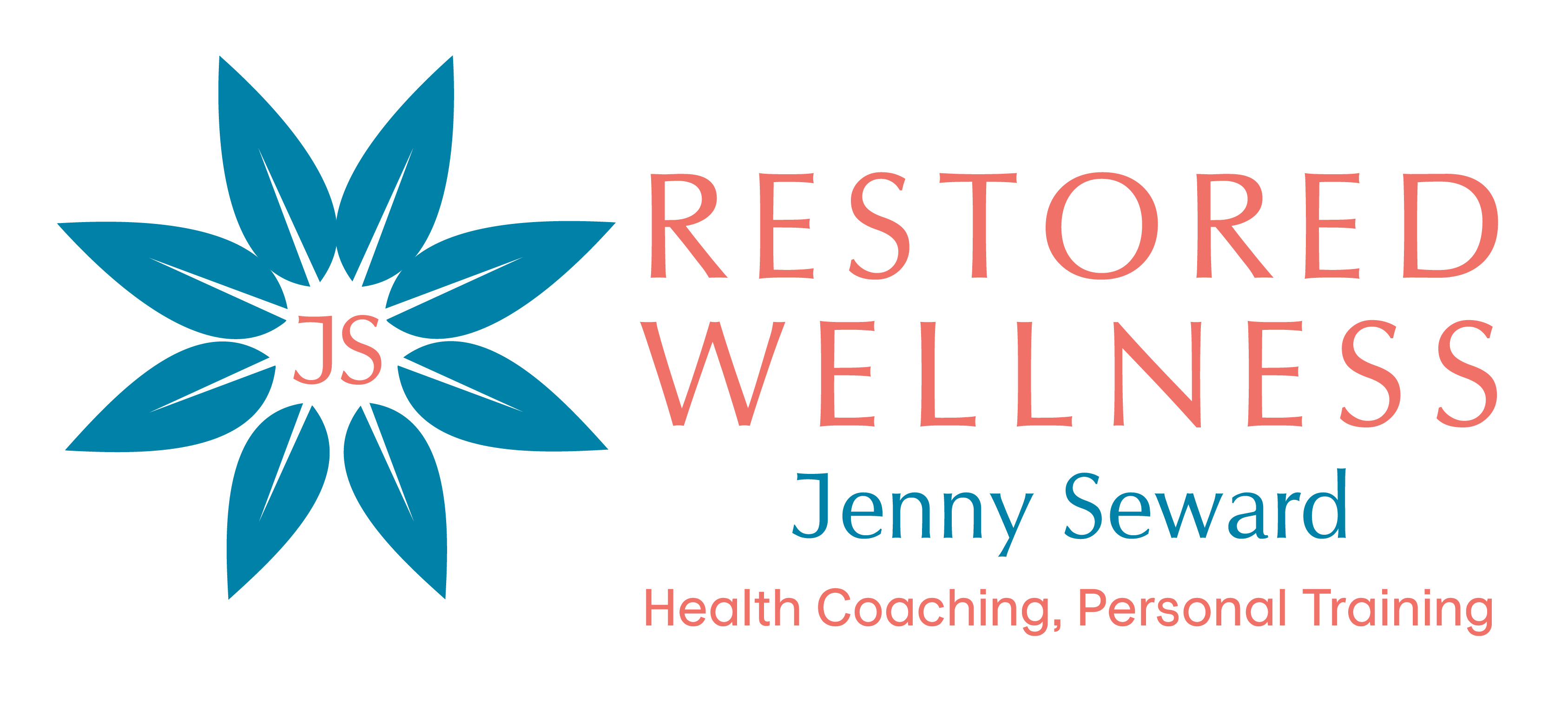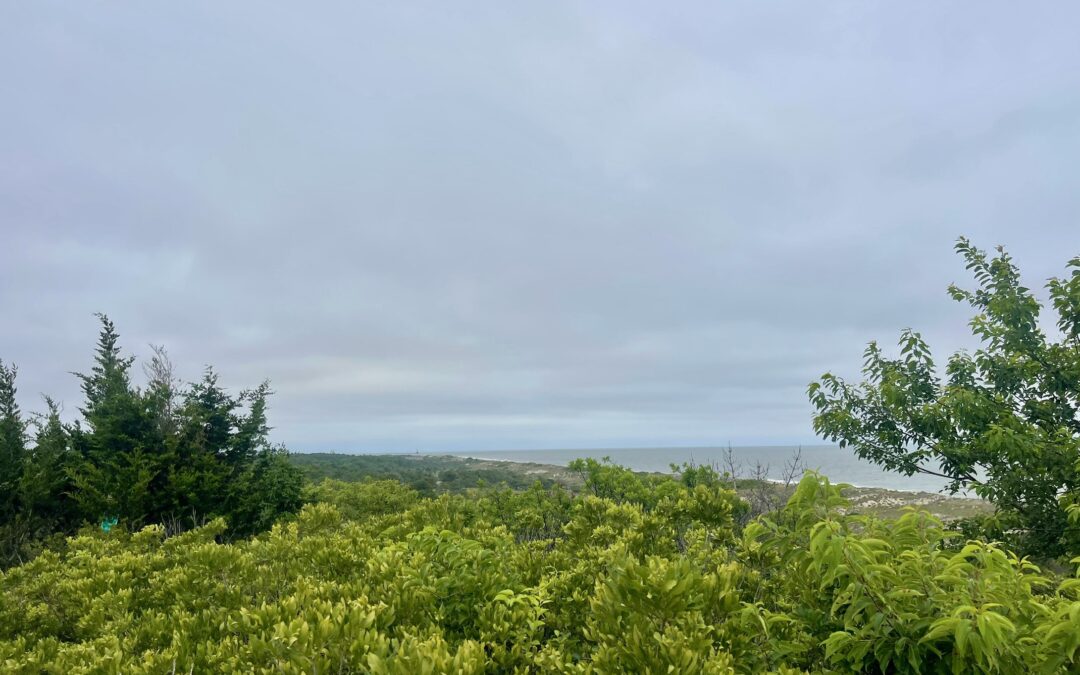I have been thinking a lot about what it means to be a witness in someone’s life. In our lives, we play witness to other’s lives as–spouse, parent, close friend, teacher, and spectator. And when we decide to make an official commitment to be the witness to another’s life (as with marriage or time investment in a friendship), all their boring and exciting moments–all the moments that reveal a person’s true self–suddenly make and hold new meaning and value, both to ourselves and to the other person.
Recently, I have heard many thought leaders express the advice that it is better to not witness the suffering of others if it “brings you down”, “lowers your vibrations”, or somehow isn’t “positive”. This implies that our human experience to feel sadness, to hold concern, to feel depressed, even– is something to move away from. Somehow this rhetoric hasn’t quite sat well with me as I believe it is important to witness these feelings in yourself and in others and that these undesirable feelings hold value.
As a gut health coach I work with many individuals who have anxiety and depression. And as someone who has experienced many long stretches of these feelings in my own life I have considered and thought a lot about what purpose these feelings hold. In my professional work, I study the gut-brain connection and how food and energy can heal our microbiomes and nervous systems. When a person I work with is going through a gut protocol–which requires intense focus, some deprivation, and much vigilance– feelings of anxiety and sadness almost always surface. I have long been a proponent of not trying to find ways to get out of these feelings right away, but to first examine them by creating a space to sit with them, acknowledge without judgement, and possibly after some time find a power within them.
If you sit in your feelings of sadness, feeling its power may not be what seems obvious (since we have been trained that sadness is something to dispel). If we begin to let ourselves welcome this imperfect feeling, we may realize how much more empathy we develop for others, how much more deeply we experience joy, or maybe we discover the unique progression into nostalgia, or quiet contemplation and personal reflection that can fulfil our need to understand ourselves and others on a deeper level. It’s also possible that holding space for sadness allows us to spark an intense desire to change or take action on something that is meaningful for us on a small or large scale. Or maybe it’s finally discovering that the boundaries you’ve been holding for your health or even in your relationships are not serving you any more. When we hold space for sadness, we also allow and can love ourselves for being human.
There is a lot of sadness and suffering being experienced in the world. I invite you to reflect: what becomes of your sadness as you chose to be a witness for yourself and for others, both within your own family and across the globe? I welcome your thoughts and would be happy to share them in next month’s newsletter.

